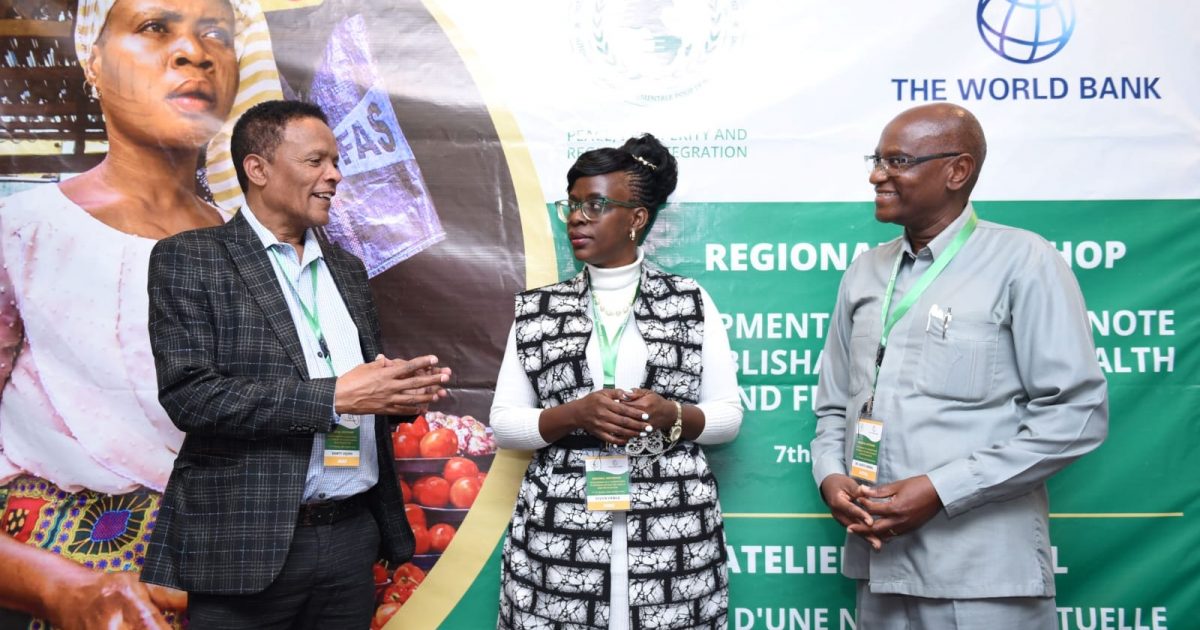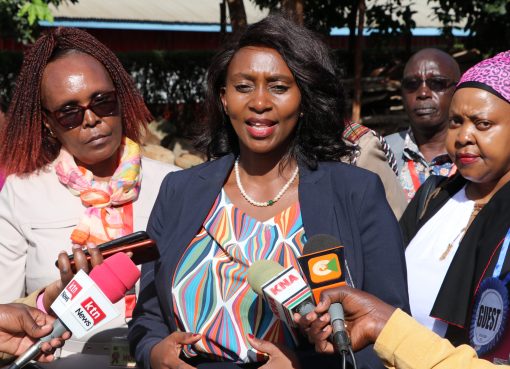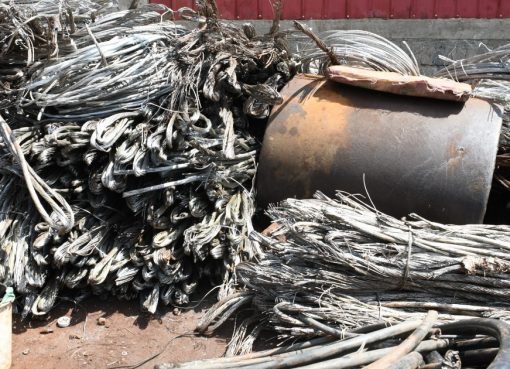Inter-Governmental Authority on Development (IGAD) through its program of Food Systems Resilience for Eastern and Southern Africa (FSRP) has convened with member states and technical partners to follow up on the Africa Fertilizer and Soil Health Summit (AFSHS) of May 2024 as well as discuss the outcome and follow up actions for implementing the Summit’s Declaration.
The declaration aimed at enhancing food security, increasing agricultural productivity and supporting the overall economic development of African nations.
Speaking during the event held in Nairobi, the Director of Environment and Natural Resource Systems at Kenya Agricultural and Livestock Research Organization (KALRO) Dr David Kamau observed that to increase fertilizer use and agricultural productivity, the member states are committed to ensuring the implementation and domestication of the Continental Action Plan in order to restore the health of Africa’s soils.
“This is through endorsing the Nairobi declaration on Fertilizer and Soil Health and the Soil Initiative for Africa Framework using effective and efficient measures to ensure competitive production and sustained profitability,” he added.
Dr Kamau revealed that soil health remains fundamental in improving productivity and food security for the region hence there is need for the formulation of action plans, policy recommendations and commitments from governments and stakeholders to invest and support sustainable agricultural practices.
This, according to the Director, is necessary to increase the efficiency of fertilizers, promote sustainable methods that can strengthen soil health and guarantee food security and economic growth.
Concurrently, Dr. Eshete Dejen, the Program Manager for Sustainable Environment Protection and Coordinator of Blue Economy at IGAD, stated that healthy soils are important in maintaining food security, resilient agriculture and sustainable agriculture in Africa.
“This is possible by promoting holistic soil health management through soil and fertilizer interventions that will enhance improved crop production, increased food security, increased exports, more employment opportunities and overall economic growth,” he highlighted.
Dr. Dejen emphasized that more than 20 percent of Africa’s land is affected by soil degradation, which has a substantial impact on the environment, human livelihoods, and food production.
“There is a need to increase agricultural output and protect the future of Africa’s food systems. It is imperative that soil degradation be reversed through the reduction of over-reliance of inorganic fertilizers as well as reduction of the cost of fertilizers,” stressed Dr. Dejen.
The Program Manager announced that IGAD is implementing a seven-year Food Systems Resilience Program that is built on four pillars including re-building resilient agricultural production capacity, supporting the sustainable development of natural resources for resilient agricultural landscapes, getting to the market and promoting a greater focus on food systems resilience in national and regional policymaking.
He said that the program is also aimed at increasing resilience of food systems and preparedness for food insecurity in participating countries with the support from the World Bank.
By Rebecca Kibegwa and Patience Mabonga





